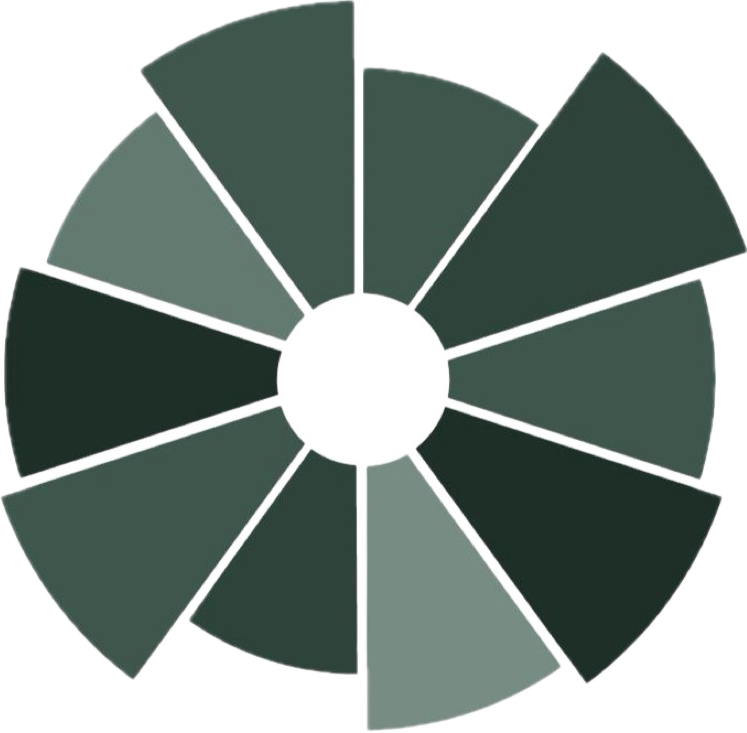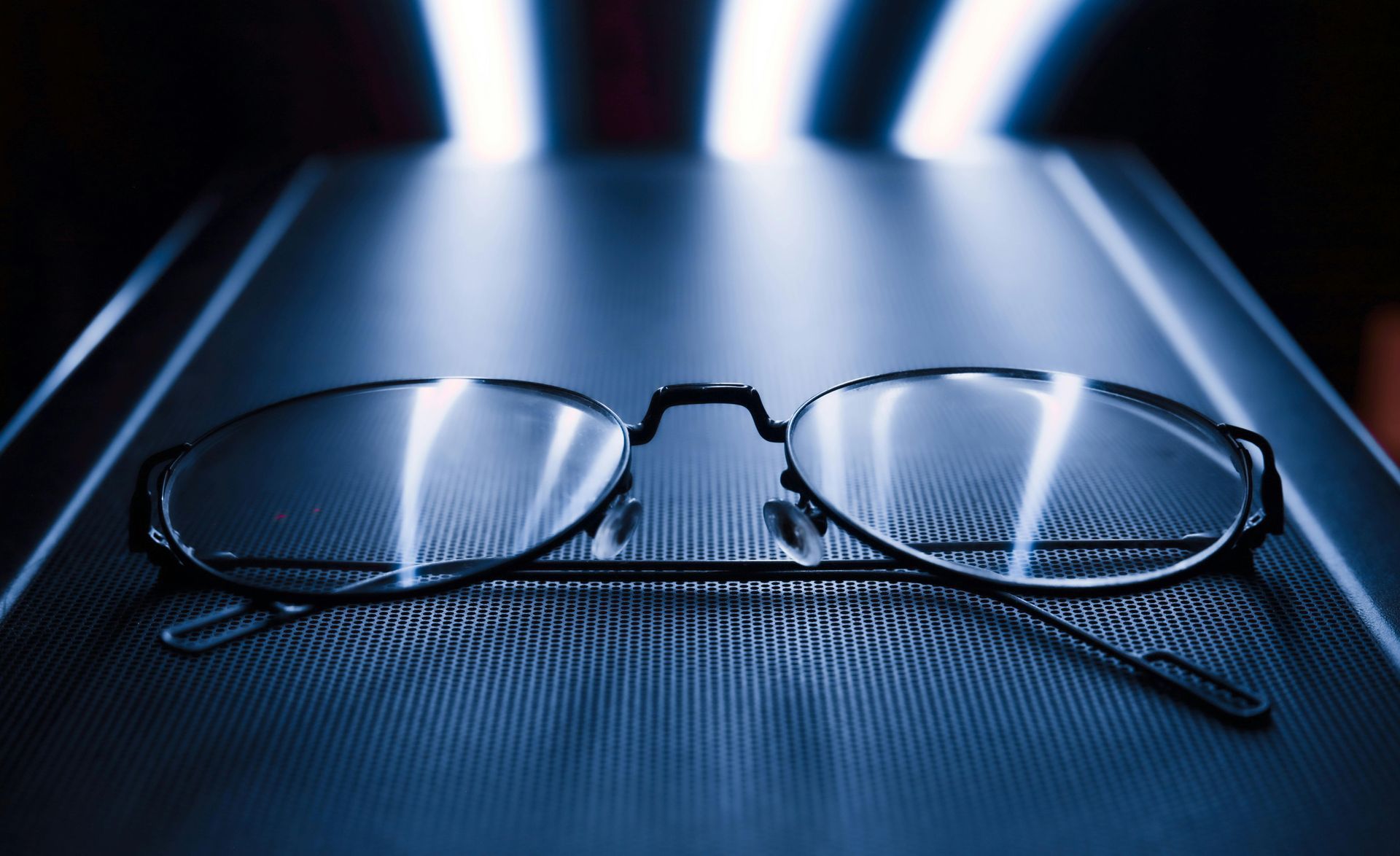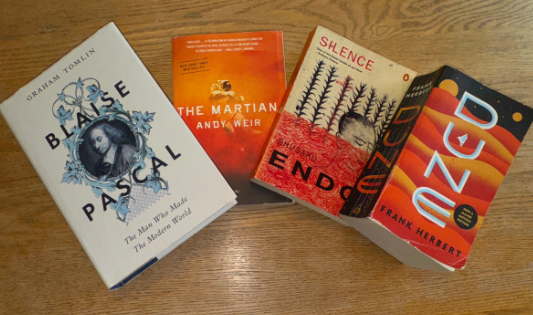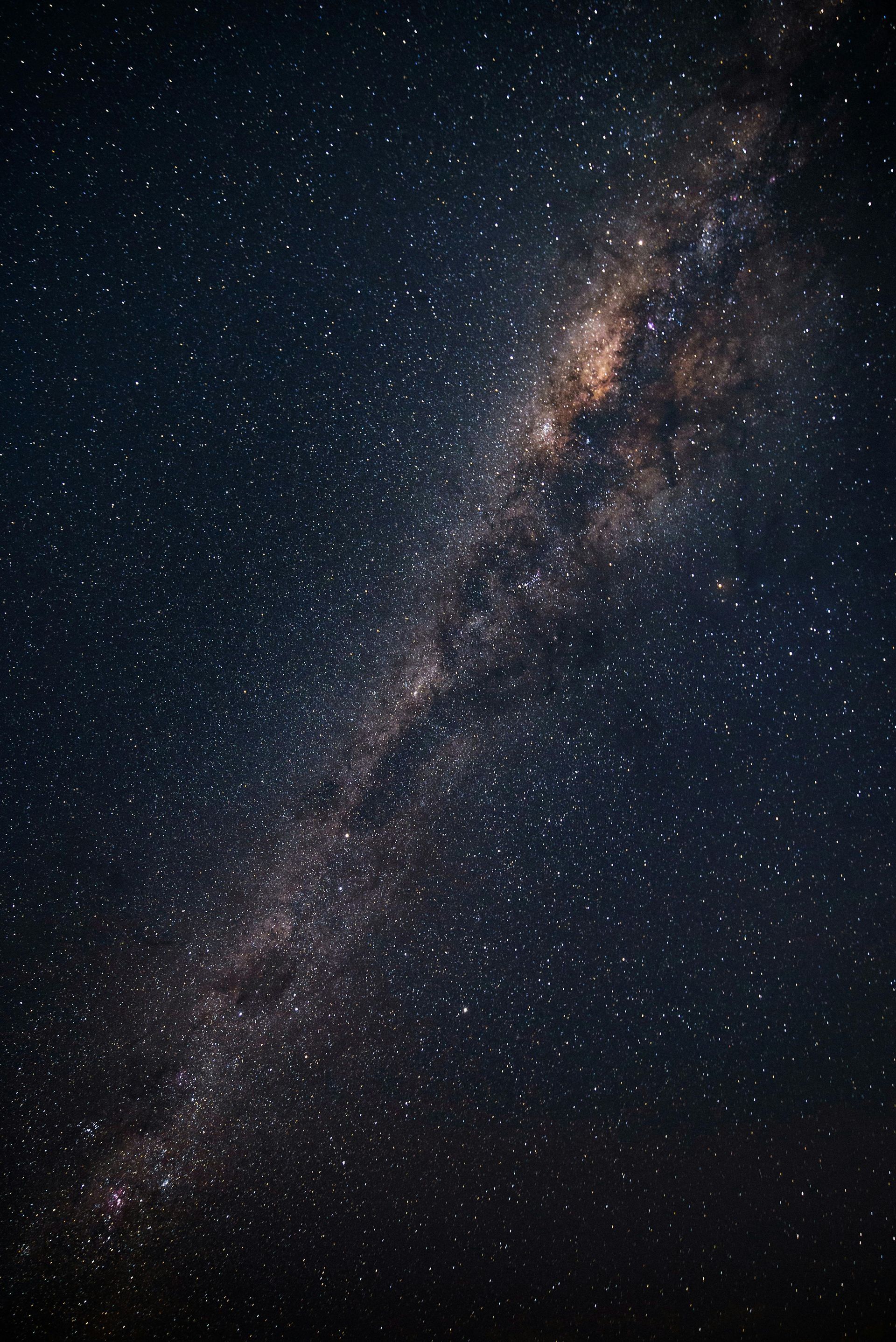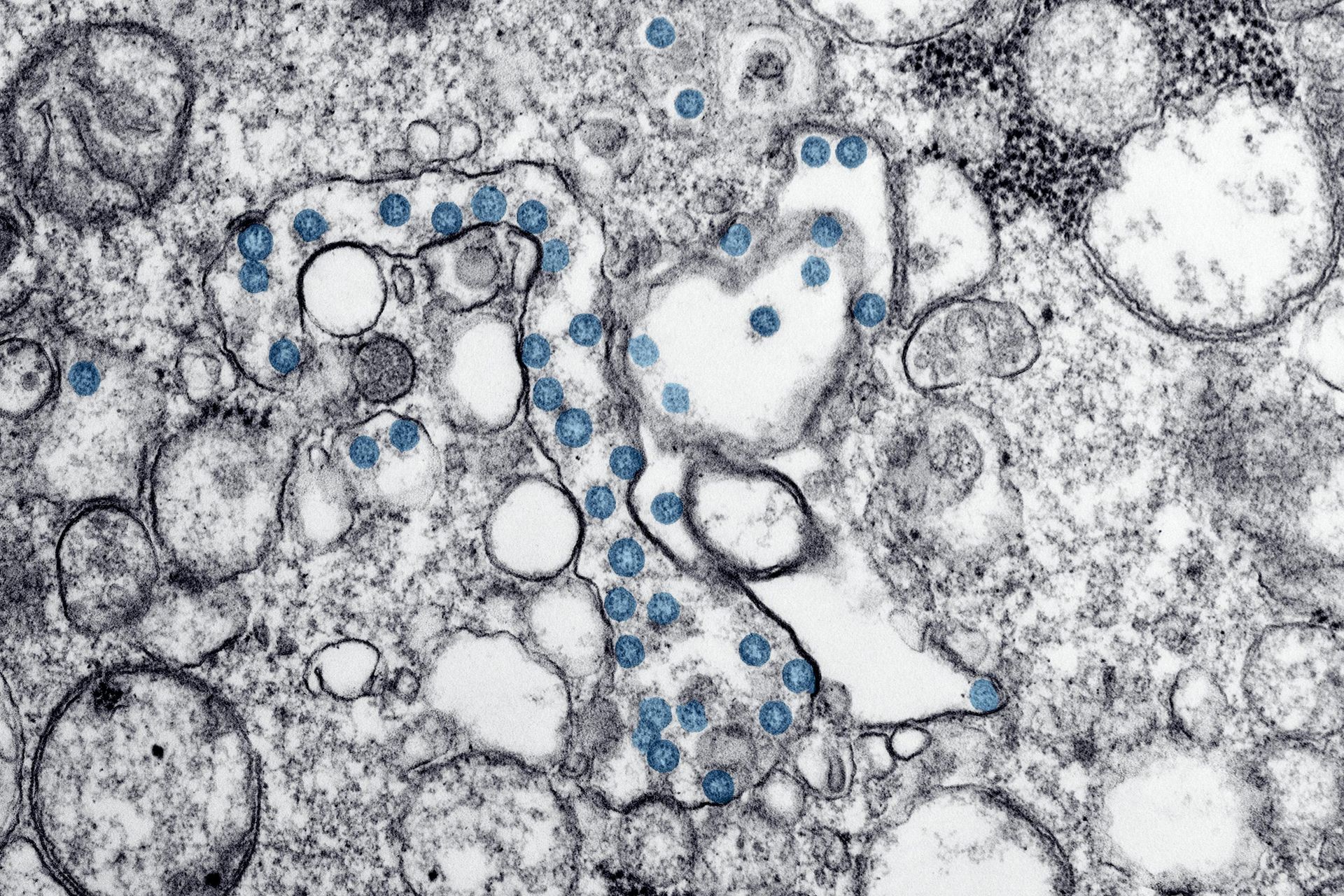the good doctor on: Medically Based Evidence
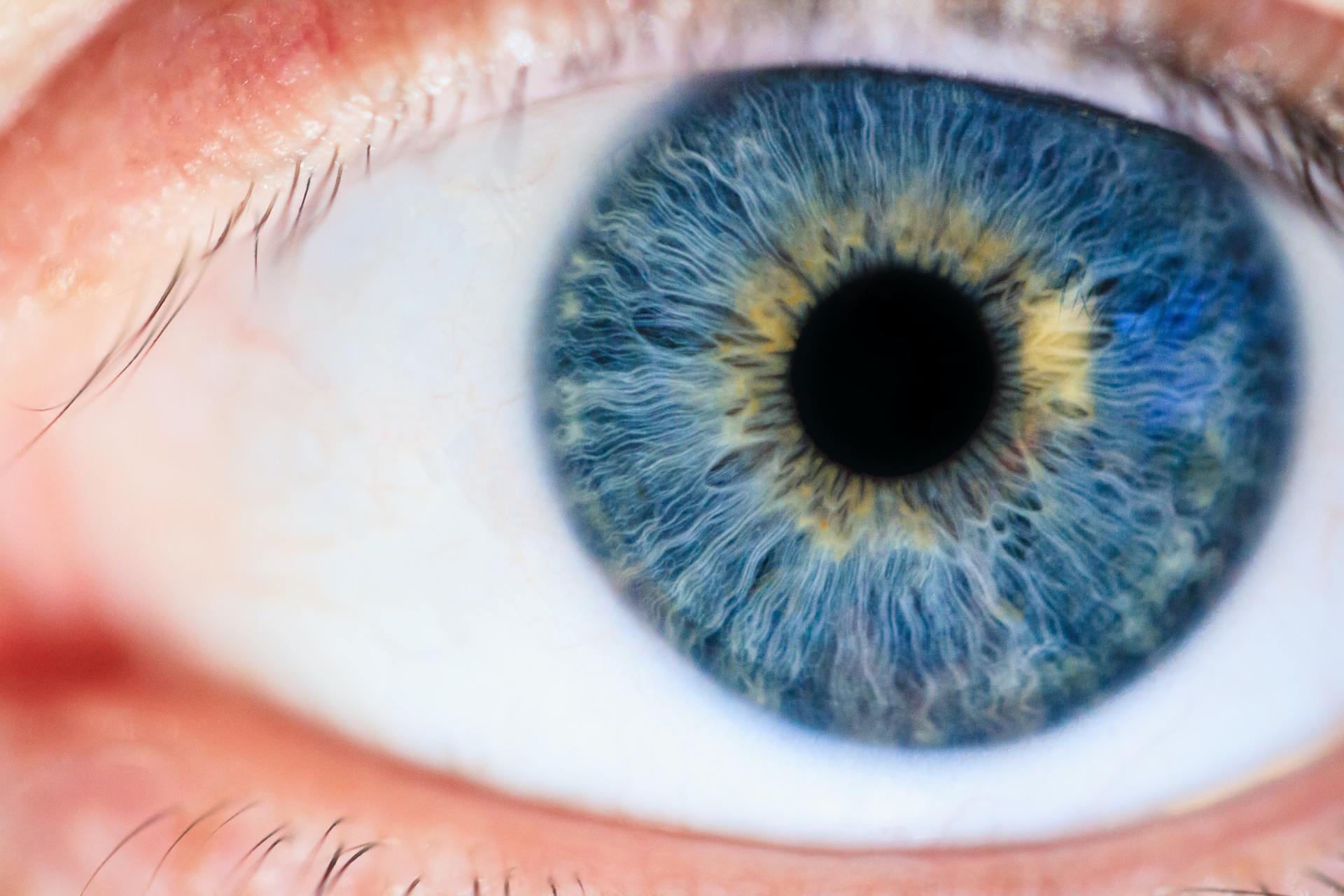
Last blog I discussed the problem of fogging. Some of my friends and experts in the optical
industry have pointed out problems with anti-fog creams. In the old days, when lens coatings were not
so sophisticated, this type of cream was useful --- even NASA developed a
superb product for the space program.
Fogging is water droplets forming on the lens, and a properly sealed
mask over the nose is your best strategy to combat fogging problems. (a new idea: a patient sewed a twist tie into
the top of her mask to help it to fit her nose more snugly) The premium lenses that many glasses have coatings
that are designed to help with fogging as well as glare and scratch protection. The experts tell us that water and a drop of
mild dish detergent are the best and safest way to clean lenses. Since there is so much variability in
coatings and materials used to make the frame and lenses it is hard to predict
how your glasses will respond to anything else you apply to them. This is also
true of anti-fog creams.
This all lends itself to the need for proper sources for information. During these covidic times we have all witnessed the overabundance of anecdotal and unsubstantiated information. This blog is about ensuring that we only use medically based evidence. It has been prevalent for some time, Evidence Based Medicine or EBM and is the mainstay of all medical science. EBM is defined as the conscientious, explicit, judicious and reasonable use of modern, best evidence in making decisions about the care of individual patients. EBM integrates clinical experience and patient values with the best available research information. I would like to thank Dr. Patricia Hrynchakat University of Waterloo School of Optometryfor her expertise in this area. It is critical that clinical practitioners check their sources carefully. It all starts with asking the right questions before and during the research process, and fostering an inquisitive mind that is always vigilant and seeking legitimate answers.
This is a vigilance that we could all apply to our seeking out information on topics such as COVID-19. What is the source of our information? How reliable or reputable is that source? Is this information contradicted or supported by other sources that we know to be reliable? Is it contradicted or supported by our own experience? Is the information helpful, balanced, fear-provoking, or biased in some way? Obviously, just as no clinical practitioner can be aware of all the research, neither can we expect to have all the information out there, but we do need to choose our sources carefully and use our sense to evaluate what we read or hear. As we have seen as the COVID-19 situation has unfolded in the last few months, we need to be willing to have our ideas change as new information becomes available. This is evidence-based medicine at its best: observing, learning, adapting processes and treatments as needed.
Let this be our ideals as we move forward during these interesting times,
Til next week,
Dr. Mark Germain, The Good Doctor, Burlington Eyecare
